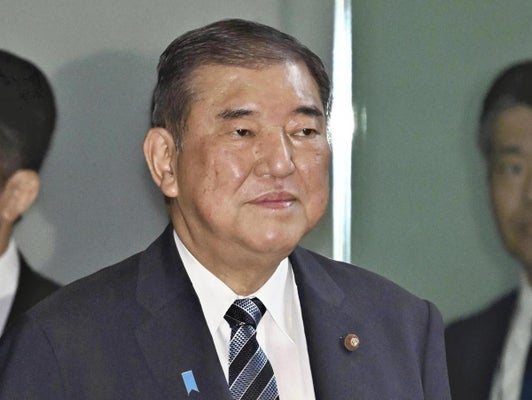The government under Japanese political figure Ishiba has announced its resignation after occupying the office for a span of 386 days. This news marks another political shift in Japan, amplifying the country's recurring theme of short-term prime ministerships. The reasons for the resignation and the potential successor remain the topics of intense discussions amongst political circles and the public alike.
Resignation and change in the administration is a common occurrence in Japanese politics, often due to health reasons, political controversies, or strategic maneuvering before an election. The swift rotation witnessed in Japan’s political leaders often leads to uncertainty in their policy continuity, which is a significant concern for both domestic and international observers. Public opinion in Japan tends to focus on the potential for stability and policy consistency following such changes.
In the US or EU, leaders generally remain in power for their full term unless unprecedented scenarios occur, such as impeachment or severe health issues. Therefore, frequent leadership changes as seen in Japan could be perceived as instability in a political context. Moreover, most Western democracies have a greater emphasis on long-term policy-making, unlike short-term planning often seen due to Japan’s political dynamics.

